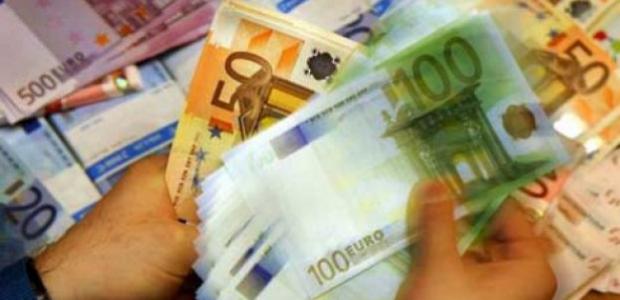Local natural gas network fees need to be increased by at least 30 percent according to a cost study completed by DESFA, Greece’s gas grid operator, and forwarded to RAE, the Regulatory Authority for Energy, so that the latter may determine new price levels.
The drastic reduction of gas consumption levels in Greece over the past few years, meaning that network costs need to be covered by significantly smaller natural gas amounts, stands as the key factor behind the need to increase network fees, according to the DESFA study.
Gas consumption in Greece has fallen from 4.219 billion cubic meters in 2012 to 2.78 billion cubic meters in 2014.
Based on sector regulations, DESFA ought to have submitted its latest network fee-related figures by last May, but the deadline was missed as a result of the wider disarray affecting the country amid the deep recession. The figure is revised every three years.
DESFA’s budget anticipates a greater inflow of network fees for the three-year period covering 2016 to 2018, compared to amounts expected during the preceding period of 2012 to 2015. The fees are calculated to cover DESFA’s gas network-related investments over a twenty-year period.
The country’s gas grid operator needs to avoid any financial burdening of DEFSA ahead of the finalization of an agreement intended to sell a sizeable stake of the company to Azeri company Socar. The long-running ordeal has been delayed by European Commission intervention.
The Environment and Energy Ministry will need to decide on the proposed gas network fee hike. Until now, it has opposed any increases to energy sector bills, both in the natural gas and electricity markets.





